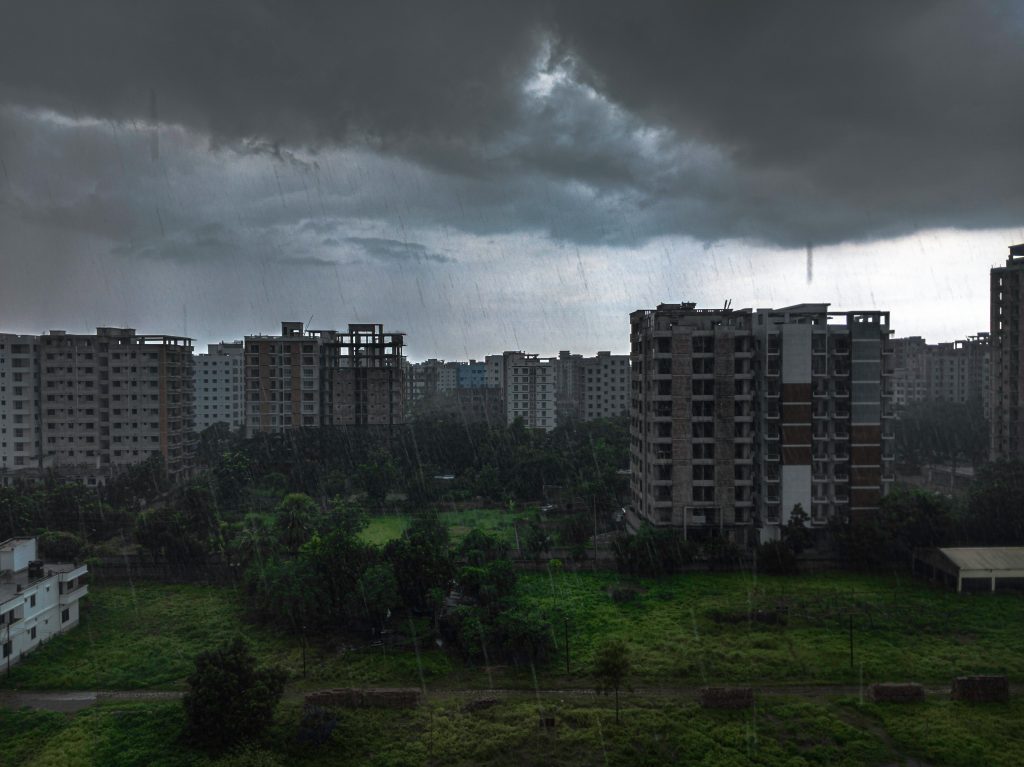Political Turmoil in Bangladesh: Prime Minister Resigns Amid Widespread Protests
In a dramatic turn of events, Bangladesh's Prime Minister Sheikh Hasina has resigned after a prolonged period of unrest and escalating protests across the nation. This marks the end of a 15-year tenure that has been fraught with controversy and challenges. The resignation came on Monday, following a harrowing weekend where nearly 100 protesters lost their lives during violent clashes with security forces. The protests, primarily driven by student-led movements, were sparked by calls for democratic reforms and an end to authoritarian governance.
As tensions soared, the military intervened, announcing the formation of an interim government to restore order. The army chief's statement indicated a commitment to stabilize the country after the shocking loss of life. Eyewitness accounts from Dhaka revealed scenes of chaos, with protesters facing rubber bullets and tear gas while demanding accountability and political change.
Sunday's protests escalated dramatically, leading to a deadly crackdown by the police. Reports suggest that at least 91 individuals were killed, with many more injured as law enforcement sought to quell the unrest. The violence has drawn widespread condemnation, raising concerns about human rights violations and the government's response to civil disobedience.
The resignation of Prime Minister Hasina has left a power vacuum that many fear could lead to further instability. Citizens across the country are now grappling with uncertainty and fear of what the next steps will be, especially with the looming threat of a military-led government.
As the nation mourns the loss of life and reflects on the recent turmoil, voices from various sectors are calling for unity and peaceful dialogue. Activists are urging the international community to pay attention to the situation in Bangladesh and offer support in restoring democratic principles and human rights.
With the formation of a new interim government on the horizon, the people of Bangladesh are left to wonder what this means for their future. Will it lead to a more democratic society, or will it deepen the existing divides? As protests continue and calls for justice grow louder, the world watches closely, hoping for a resolution that honors the voices of the people.










